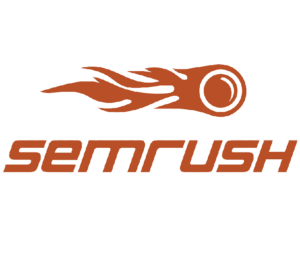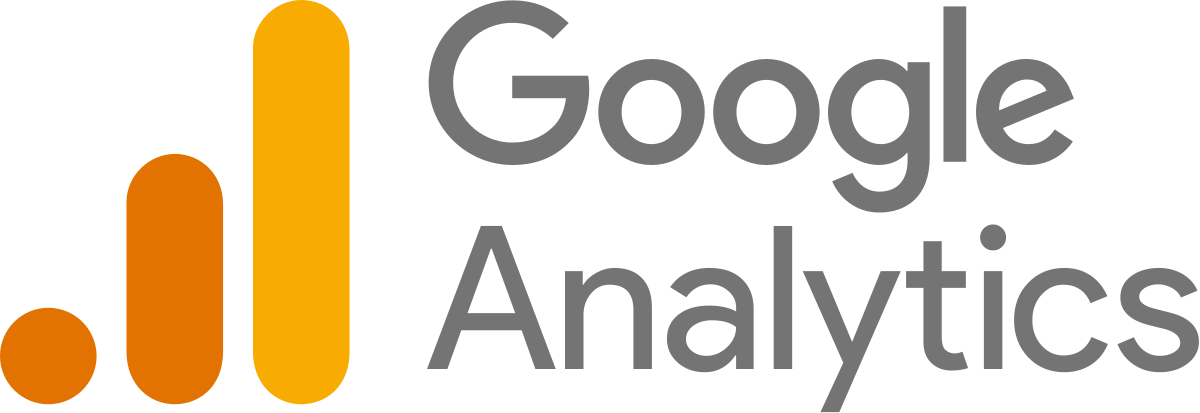on-page SEO
What is on-page seo?
On-page SEO, also known as on-site SEO, is a fundamental aspect of search engine optimization that focuses on optimizing individual web pages to improve their visibility in search engine results.
This optimization occurs directly on the website and involves various techniques and best practices to ensure that a webpage is not only user-friendly but also search engine-friendly.
KEY factors
By implementing on-page SEO strategies, websites can enhance their visibility in search engines and provide users with a better experience, leading to improved rankings and increased organic traffic.
Keyword Optimization
Selecting and strategically integrating relevant keywords into content, headings, and meta tags is crucial. This enhances search engine comprehension of your page’s content, ensuring visibility in relevant search results.
Title Tags
Creating concise and keyword-rich title tags is crucial. These tags, visible in search results, serve as the initial impression for users, offering a brief and accurate summary of the page’s content.
Meta Descriptions
Crafting engaging meta descriptions that offer concise summaries of page content is essential for enticing clicks from search engine users. While meta descriptions play a crucial role in enhancing click-through rates.
High-Quality Content
Quality content is foundational to on-page SEO. Developing valuable, informative, and engaging content that aligns with user intent. Ensure the content is well-structured, easy to read, and relevant to the targeted keywords.
Image Optimization
Optimizing images through descriptive file names and adding alt text is crucial for accessibility and can positively impact SEO. This practice not only improves user experience but also contributes to reduced page load times.
URL Structure
Creating clear and descriptive URLs that incorporate relevant keywords can enhance both user experience and search engine rankings.
Mobile Optimization
Ensuring your web pages are mobile-friendly is crucial, as search engines increasingly prioritize mobile-responsive websites. This is particularly vital for delivering a positive user experience on mobile devices.
Page Loading Speed
Pages that load faster typically achieve higher rankings in search results. Common practices to improve page loading speed include optimizing images, reducing server response times, and utilizing content delivery networks (CDNs).
Schema Markup
Implementing schema markup aids search engines in understanding your page content, resulting in rich snippets in search results, such as star ratings and event details.

tools I have used
Check out the tools I have used as an SEO Specialist, Social Media Manager and Graphic Designer!














Ready to carve your way to the digital world?
Let me help your business sky rocket in Google’s SERPs with my SEO strategies!
